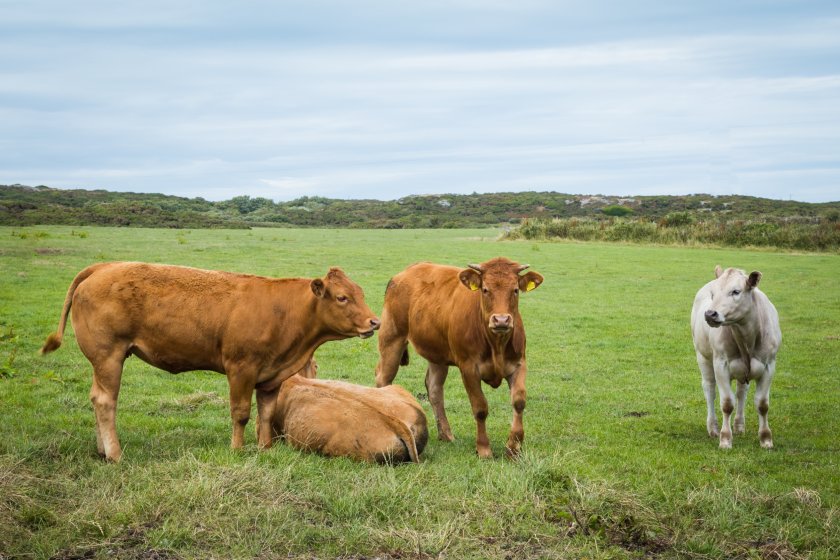
Farmers on Anglesey will receive new advice to help keep bovine TB at bay as concern grows over the recent rise in incidence and prevalence.
Data shows that the average number of open breakdowns at the end of each quarter was 6 compared to 5.5 for the previous year and 3.25 for 2017.
Although these figures remain low compared to other areas of Wales, the Welsh government said the rise in incidence and prevalence was a 'cause for concern'.
It comes amid an increase in disease confirmation rates, as well as the numbers of cattle culled for TB control reasons.
These early trends suggested that Anglesey may be another area with emerging bovine TB, the Welsh government warned.
The region may follow established bovine TB clusters in rural Wrexham and more recently in Denbighshire and the Conwy Valley.
To stay ahead of the disease picture in Anglesey, additional disease control measures are being considered and developed by the devolved government.
Minister for Rural Affairs Lesley Griffiths said: “All cattle farmers on Anglesey will receive a letter over the next week advising them of the measures they can take now to protect their herd.
"Numbers are reassuringly low compared to other parts of Wales, but we are taking action now to keep it that way as figures show a rise in the prevalence of the disease.”
There have been no TB positive badgers identified as part of the Badger Found Dead Survey on the island.
What can I do to protect my herd?
The Welsh government is asking Anglesey farmers to do the following to help protect their herd:
• If you need to purchase cattle, make sure you understand the TB status and history of the herd and area you are buying from
• If you bring cattle into your herd, make sure they are isolated pending Post-Movement Testing (if applicable)
• Ensure your herd is protected from disease by putting in place high standards of biosecurity. Your private vet will be able to advise you of measures you can put in place to protect your herd
• If your herd has a TB breakdown, take up the free Cymorth TB veterinary visit offered to you. This will help support you with practical information to help eradicate TB from your herd at the earliest opportunity
